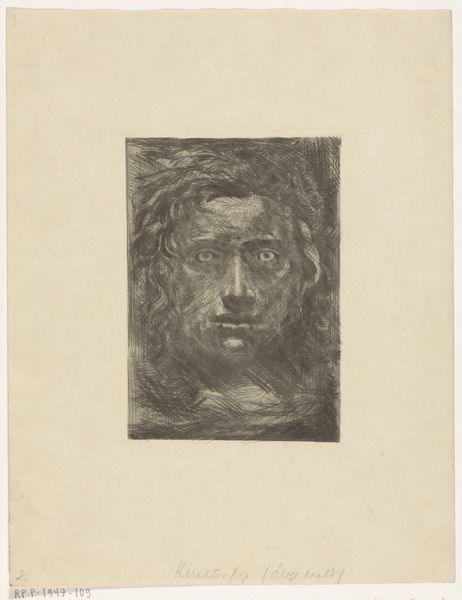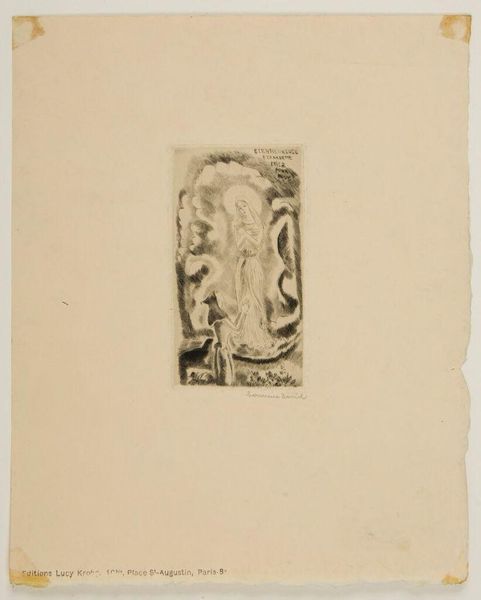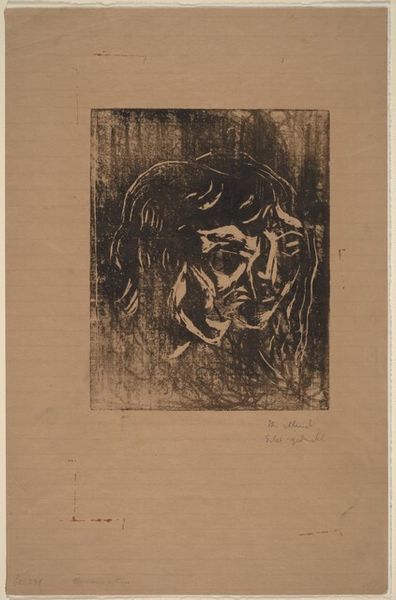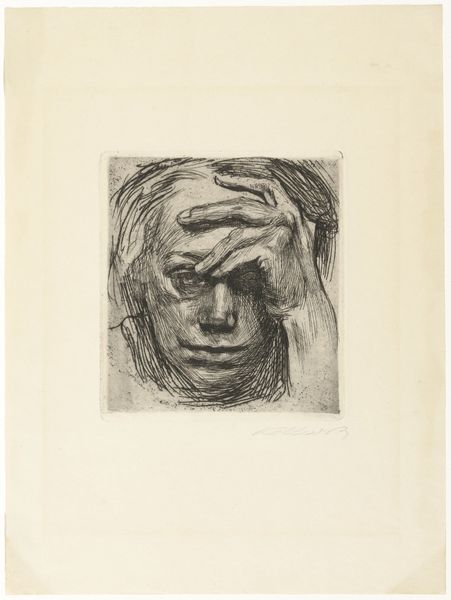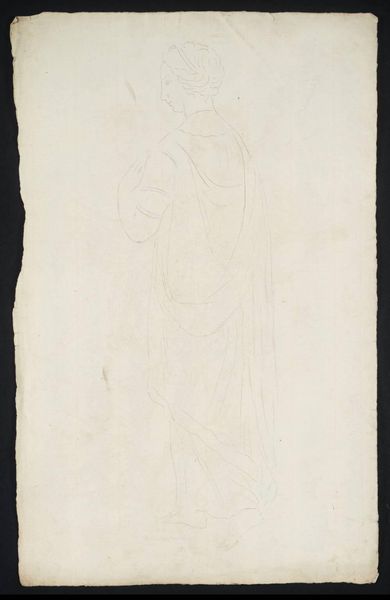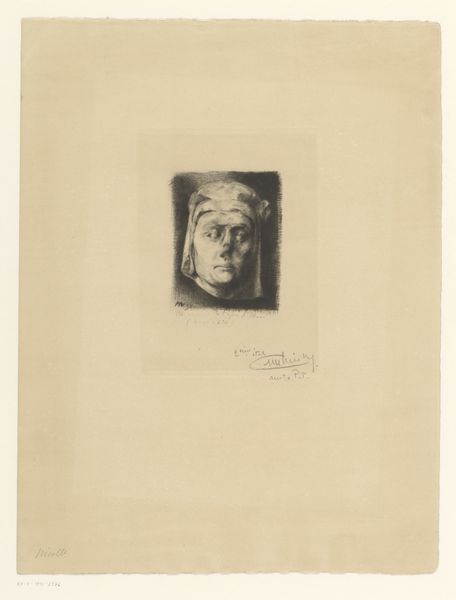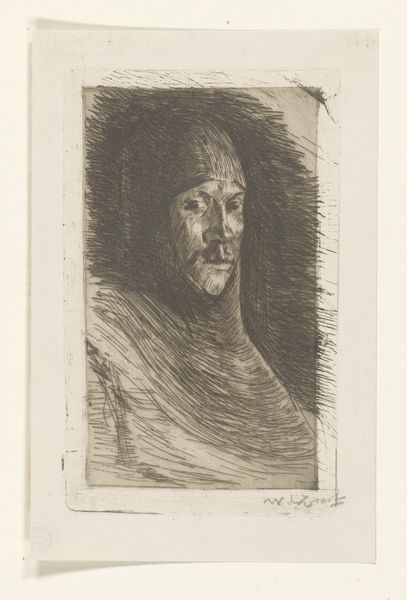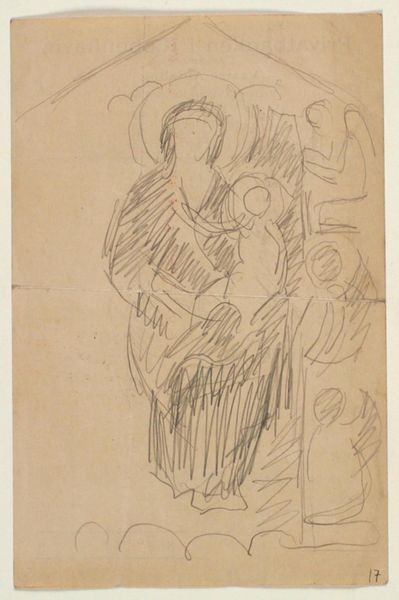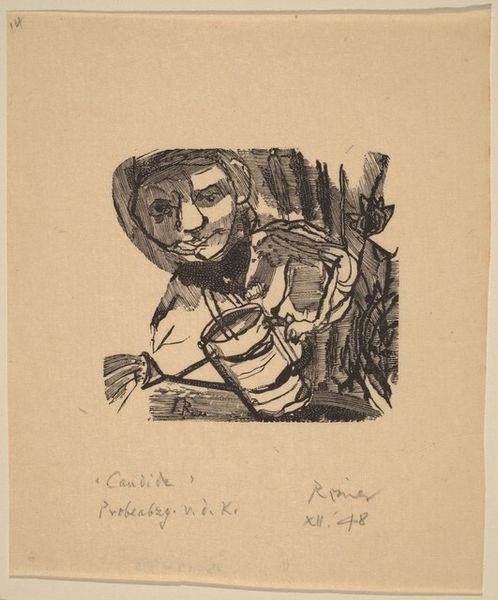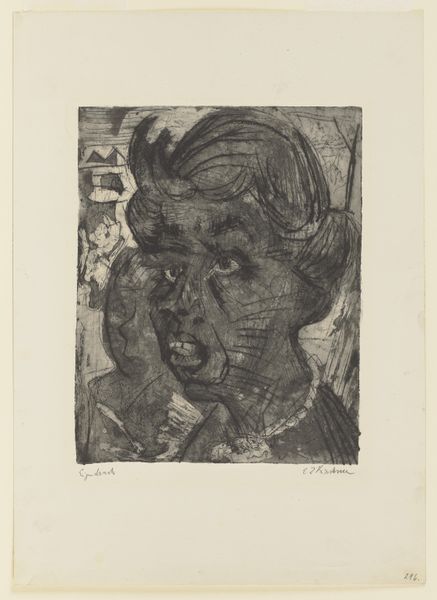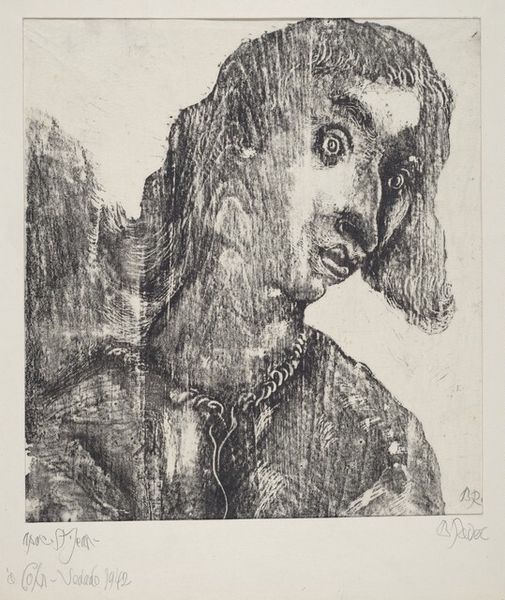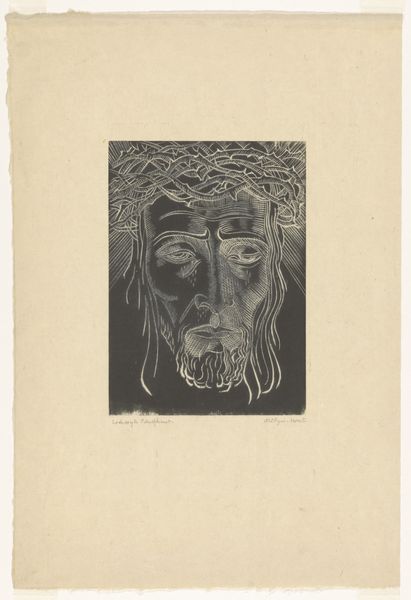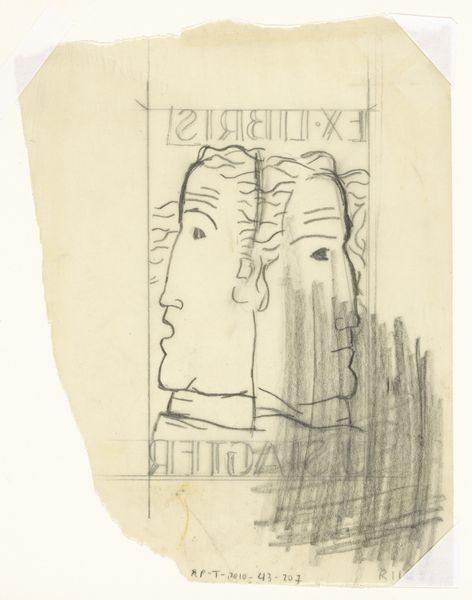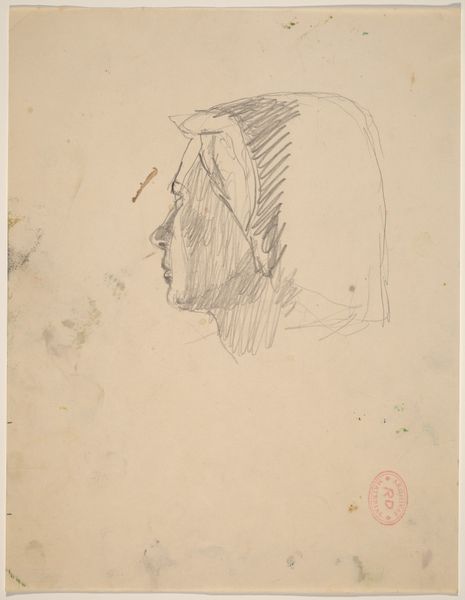
Dimensions: image: 223 x 157 mm
Copyright: © Tate | CC-BY-NC-ND 4.0 DEED, Photo: Tate
Editor: This is Cecil Collins' "Head of a Woman" from the Tate Collections. It's a delicate pencil drawing and evokes a sense of quiet contemplation. What do you see in this piece? Curator: The woman’s face holds a profound stillness, doesn’t it? Consider how Collins uses line. Do you notice the almost ethereal quality? It’s as if he’s reaching for something beyond the surface. This image resonates with archetypal feminine figures throughout history, reflecting enduring themes of empathy, wisdom, and the inner life. Editor: I see what you mean. It feels both personal and universal. Curator: Precisely! And that tension, that connection, is where the power of the image truly lies. Editor: Thank you! It makes me appreciate its depth even more.
Comments
tate 10 months ago
⋮
http://www.tate.org.uk/art/artworks/collins-head-of-a-woman-p11843
Join the conversation
Join millions of artists and users on Artera today and experience the ultimate creative platform.
tate 10 months ago
⋮
In an interview in 1979 Collins described his numerous drawings of heads: ‘For me the head is the combination, or climax, or the flowering of the human nature. In the head is condensed and focused the whole reality of the person. That’s why I think I’ve done so many heads. To me it’s the most beautiful part of the human body. In fact you can say the head is the theatre of the soul’ (quoted in Keeble, p.120). Frequently Collins incorporated the head into a tree or a landscape and became what Morphet has described as ‘a kind of spiritual personification of the landscape it inhabits’ (Morphet, p.17). The large nose and eyes, and the sculptural shape of the face are similar to the facial features of women in some of Picasso’s paintings of the 1920s, for example Seated Woman in a Chemise, 1923 (Tate N04719). The model in this work may be Collins’s wife, Elisabeth, who appears in many of his paintings and prints, including The Artist and his Wife, 1939 (Tate T07733).
